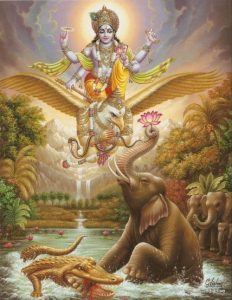Moksha
Moksha also called vimoksha, vimukti and mukti, is a term in Hinduism, Buddhism, Jainism and Sikhism for various forms of emancipation, enlightenment, liberation, and release. In its soteriological and eschatological senses, it refers to freedom from saṃsāra, the cycle of death and rebirth. In its epistemological and psychological senses, moksha is freedom from ignorance: self-realization, self-actualization and self-knowledge
Heaven, the Heavens or Seven Heavens, is a common religious, cosmological, mythological, or metaphysical term for the physical or transcendent place from which heavenly beings such as a God, angels, the jinn, and sky deities like King or Queen of Heaven, Heavenly Father, Heavenly Mother, Son of Heaven, heavenly saints or venerated ancestors originate, are enthroned or inhabit. It is commonly believed that heavenly beings can descend to earth or incarnate and that earthly beings can ascend to Heaven in the afterlife or, in exceptional cases, enter Heaven alive.
Another belief is in an Axis mundi or World tree which connects the heavens, the world, and the underworld. In Indian religions, Heaven is considered as Svarga Loka, and soul is again subjected to rebirth in different living forms according to its karma. This cycle can be broken after a soul achieves Moksha
- dharma – virtuous, proper, moral life
- artha – material prosperity, income security, means of life
- kama – pleasure, sensuality, emotional fulfillments
www.quora.com, wikipedia
www.quora.com, wikipedia
